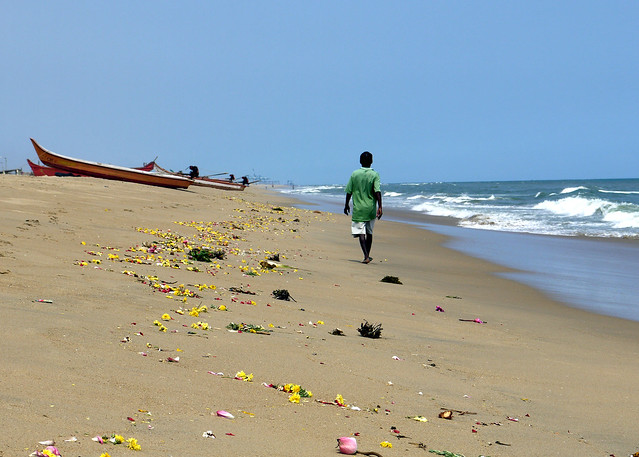
We are at liberty to be real, or to be unreal. We may be true or false, the choice is ours. We may wear now one mask and now another, and never, if we so desire, appear with our own true face. But we cannot make these choices with impunity. Causes have effects, and if we lie to ourselves and to others, then we cannot expect to find truth and reality whenever we happen to want them. If we have chosen the way of falsity we must not be surprised that truth eludes us when we finally come to need it!
-Thomas Merton, “New Seeds of Contemplation”
When I was a senior in college, I decided not to play soccer, which doesn’t sound like a major decision, except I had self-identified as a soccer play for fifteen years. One of the most difficult aspects of quitting was letting go of what other people would think about me – I wasn’t a soccer player anymore. What would everyone else identify me as? It felt like a vacuum had formed, a space of nothing, and I didn’t know what to fill it with.
Sometimes we identify not with what we do but with what we have or own. Maybe your identity has been wrapped up in owning a business or having a particular kind of vehicle. What would happen if you lost the major things that you have? How would that affect you?
One of the greatest temptations we will ever face is to be who we think everyone else wants us to be instead of being who we are. Our identity becomes what everyone else thinks about us. We worry…what if everyone realized I’m not as conservative or as liberal as I’d like them to think that I am? What if my friends realized I have doubts about my religion (or my non-religion)? What if people don’t take me seriously?
Henri Nouwen says that most of us go through life finding our identity in what we have, what we do, and what other people say about us. The problem with that is each of these will someday fail us – we will lose everything we have, we will stop doing what we are known for doing, and other people will inevitably say bad things about us from time to time. What then?
Nouwen suggests that we find our identity as “The Beloved.” One loved by God. This can be difficult though, when we’ve been taught for so long that God’s love is conditional on our behavior, that he is ready to zap us at our next mistake.
Who am I?
These days, I find my identity as a writer, but even that feels like a slippery place. What if I have an off day, write poorly…does that mean I’m not a good person? What if people don’t like something that I write…does that mean they don’t like me as a person? As long as I find my identity in what I do, that identity has a weak foundation, one that can crumble at any moment.
Where do you find your identity?

We aren’t consistently any one thing, all of the time. No wonder we experience feelings of failure and hypocrisy. Thank you for the reminder.
We just talked about identity at my church last weekend, and I love the equation our pastors use. My God-Created-Identity (GCI) = my identity in Christ + my spiritual gifts + my story. And my calling is what God wants me to do with my GCI.
Thank you for this! It helps reconfirm in my mind the phrase I’ve been repeating to myself lately when I grow anxious: “holy and dearly loved.”